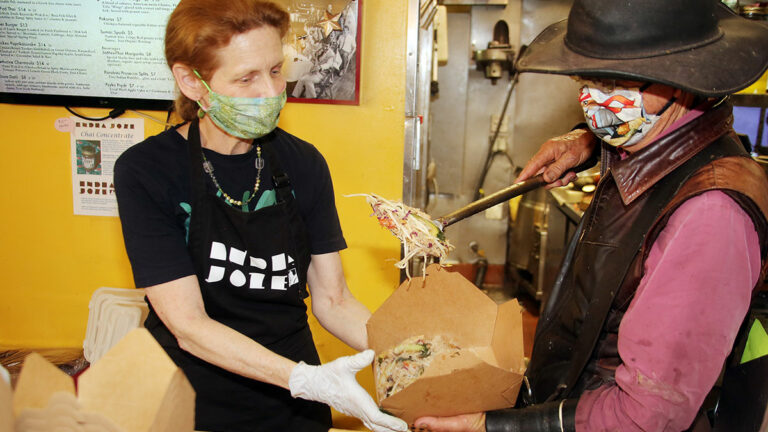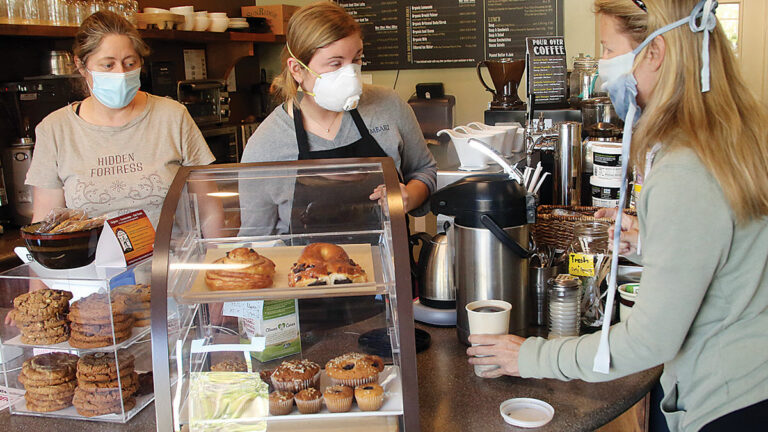Esoteric astrology as news for the week of May 20, 2020
Last week, three major planets reversed their direction. Saturn (in Aquarius), Venus (in Gemini) and Jupiter (in Capricorn). Retrogrades turn us inward to assess, reflect and to inquire deeply about our past. When planets retrograde, the past reappears, decisions are delayed, plans are set aside for reflection and assessment and all areas and subjects associated with the retrograde planets are reviewed in order to either renew, revitalize, reorganize or set them aside forever.
Saturn will retrograde till the end of September, Venus til June 24, and Jupiter til September 12. In their midst, Mercury retrogrades mid-June. It’s a magical upside-down time of psychologically turning inward, giving us perspective to the past two months of enforced confinement.
Saturn is time. With Saturn retrograde, our sense of time changes. Retrogrades turn things, including time, to previous times. Often we will ask, “What time is it again?” Saturn is St. Peter guarding the doors to heaven. Saturn is the scales of justice. The rings of Saturn signify needed limitations Saturn places upon us in order to develop discipline, discernment and discrimination.
With the Venus retrograde we review and reflect upon our values, resources, finances and relationships. We are to discover our real values. It’s good to ask, “Do we have values that we can identify? Do our values comply with the world’s values?” Assessing what actually are our values, and how well we are tending to resources and relationships.
Jupiter expands everything. Sometimes too much. Jupiter is love of knowledge, wisdom, abundance, generosity, temperance. Jupiter is the king of the gods, the teacher, guru, higher mind, college, journeys and understanding the big picture. Jupiter is laws, ethics, religions, spiritual studies. During Jupiter retrograde, unexplored blessings are revealed and an appreciation for all things loving dawns on us. We seek to become goodwill ambassadors.
During this retrograde time, we will assess our present crisis, the laws we are living under and how to, with our creative imaginations, begin to create the new world we want to live in. Together. Restoring our faith in all things good.
ARIES: In these magical retrograde times, fulfill all promises, follow rules that make sense to you, act like a Taurus (which may feel a bit restrictive) and make sure that no resistance or opposition influences your attitude and way of being. Honor is most important, and one progresses more easily when the virtues of patience, understanding and grace are cultivated. You can do this.
TAURUS: Your energy is up and down, high and low, there and not there. Your responsibilities, however, remain, and each day in this crisis more and more appear. You would rather turn away, find friends to chat with, take short trips to town and back, garden, and either envision or research all that’s needed for the future. When responsibilities and the need for freedom collide, it’s best to simply focus on goals. Or garden where you dream with the devas.
GEMINI: Heavens! There are two distinctly polarized situations occurring. One keeps you behind the scenes, and the other desiring to be out in the world where all your values are focused. It’s good to talk about what is of value to you, because our values define us. Often you’re pulled into quietude and silence, a sort of repose before the storm. You need something. Perhaps it’s a lot of praise. In silence, revelations happen.
CANCER: You consider your resources and wonder if they need redirecting, and you wonder if how you’re using them is efficient for both long- and short-term needs. Family necessities crop up, and you worry and fret and don’t sleep nights. Past images and events reoccur and you’re sad and wounded sometimes, and need help. It’s hard to ask for help, isn’t it? And hard to trust it will come. A great teacher said, “Ask and it will be given.”
LEO: Each day, more and more clarity about values, friends, work purpose and resources occurs, and each day you feel more courage to pursue unusual far away goals, to battle for what’s right, to realize that a values shift is taking place in your life and this shift may create a future you know nothing about. A new life cycle has begun. It’s summoning all hopes, dreams and wishes you’ve ever had while asking you to follow your deepest heart’s wishes. Who has your heart?
VIRGO: The past months have been challenging for Virgos. There’s been a shifting of structures, a sense that someone is being your taskmaster and you’ve had many responsibilities to tend to. Soon, this will end and you will feel a freedom and relief from the taxing demands and tests undergone. You have only a few weeks more. Then it’s over. You should quietly celebrate.
LIBRA: A more strict and sober view of life is very quietly beginning to take hold of your thoughts and feelings. This is good. However, it could feel restrictive. Simply consider it as another step in growing up, being responsible, learning how to tend to the demands of life and how to act with more finesse and refinement. There’s a struggle for balance, a struggle to be heard and understood. There is no compromise. Be strong and call for courage.
SCORPIO: You had duties and responsibilities. Then personal hopes, wishes and dreams interrupted your obligations. And you had to choose. And then relationship issues (their value) appeared, and you felt, “This is more than I can handle.” The reality is that something is changing within. It’s pushing you to break all previous beliefs and patterned ways of being. Follow these promptings. It’s a call from your future. What seems to be real, isn’t. Don’t resist.
SAGITTARIUS: Tremendous work was called for this month, and it will continue. If you take each day and work slowly through it (like a Taurus), then you will come to the end of each day with feelings of great success and pride in your accomplishments. “At the end of the day,” we tell our students, “review the day, and know the day was good.” Is there someone you want to contact? Or something you need? Be prepared, after a small respite, for new realities to appear. Rest in between revelations.
CAPRICORN: The force of your creativity and imagination expands when you find yourself in gardens, forests, woods, fields and meadows. It can be found with hands in the dough, hands in the earth, eating plants with deep roots, and in a pantry (or lunchbox) of sweet and savory homemade foods. These are comforting for you and maintain your sense of love, safety and security. There’s everything to be passionate about. Everything loves you.
AQUARIUS: What we do each day, what we talk about and believe creates within us a sense of identity. It’s possible people from the past may seek your attention. You are delighted yet unsure about others. Careful about things concerning the home. So many changes have occurred concerning home and shelter that continued uncertainty makes one feel jittery and unsure. Pray to the devas for the very best home to be available. A home with safety, beauty and security. Devas are your friends.
PISCES: You are reminded of a long-held vision held in your heart in service to humanity. You seek independence within this endeavor and vast resources. You know you’re fully capable and have the essential qualities and gifts to bring this into form and matter, to move forward into your future and make correct decisions based upon humanity’s present needs. Patience is still needed. You pray for direction. You wear a mantle and a crown.
























